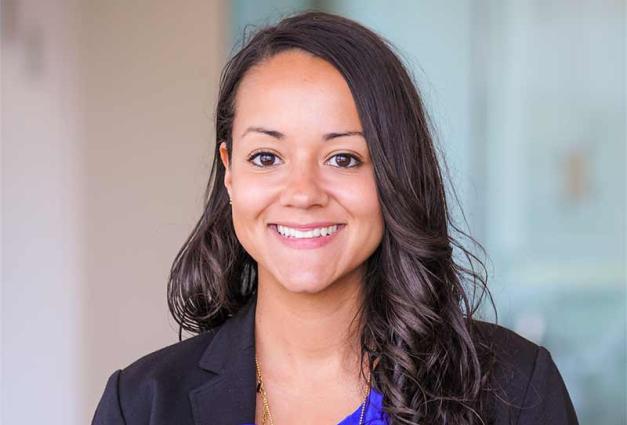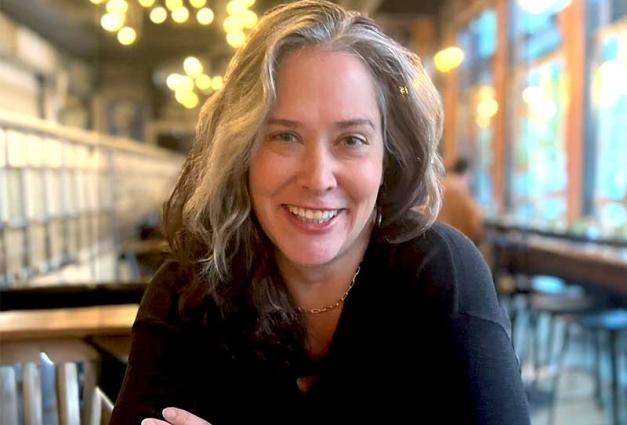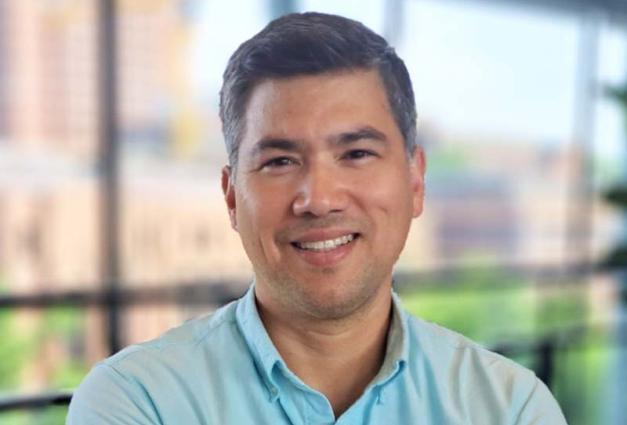Brian Don completed his PhD in Social-Health Psychology at Kent State University. He spent two years as an Assistant Professor in the Department of Psychology at California Lutheran University, and now teaches at Clackamas Community College in Oregon City, Oregon, where he remains active in research.
What led you to choose a career in social and personality psychology?
I vividly remember sitting in my dorm room as a freshman in college, when I had just picked up some great new reading material from the library: forget magazines or literature, this was the latest issue of Journal of Personality and Social Psychology. I remember reading a quote from an article by Jeff Simpson and Steven Rholes, where they describe how secure attachment promotes more effective support provision in intimate relationships. It was mind-blowing for me. There was a science that describes how people can effectively engage in relationships? It seemed incredible. To this day, I'll still pick up issues of PSPB or JPSP just to read, with no outcome in mind. In choosing careers, I figured that I should let this passion guide me. This, plus many more impactful mentors and friends along the way, solidified my desire to pursue a career in this field.
What do you enjoy most about the teaching process?
There are three things I particularly enjoy about the teaching process: First, the opportunity to connect on a personal level with students, and perhaps spark a change in the way they think about the world. Many current and former students have commented that learning about concepts such as self-determination theory, the sociometer theory of self-esteem, or research on conformity has impacted the way they think and move throughout the world. This is always a powerful and humbling experience. Second, I appreciate the opportunity to use psychology as a vehicle for science education. In today's society, where misinformation is especially prevalent, I believe it is important to provide students with a rigorous introduction to the scientific method, and provide them with an ability to distinguish fact from opinion. Third, I feel grateful to work with students from diverse backgrounds. Between working as an Assistant Professor at CLU, and now teaching at a community college, I've been lucky to have classrooms with students from many different backgrounds. I've had students who are homeless, students who grew up in Mexico, students who are veterans of overseas wars, and students from almost any other background you can think of. In addition to learning from me, I am constantly learning from them. The fact that students find psychology powerful and relevant, even from such diverse backgrounds, is exciting and inspiring to me.
Briefly summarize your current research, and any future research interests you would like to pursue.
Generally speaking, I am interested in the situational and motivational roots of healthy relationship functioning. Most recently I have drawn upon a self-determination theory and the risk regulation model to understand effective social support in the context of intimate relationships. In the future, I am interested in exploring how self-determination, mindfulness, and other individual difference and social situational factors influence relationship processes and outcomes. As an example, my collaborators and I are currently working on a study examining how basic psychological need satisfaction influences the extent to which people suppress their emotions. Additionally, in the future I also hope to apply principles of self-determination theory to better understand the biological substrates of effective relationship functioning, including oxytocin and (conversely) cortisol.
What led to your interest in this particular area of research?
I have always been interested in relationships, and social support in particular, but one recent paper has had a particularly strong influence on my recent research trajectory: a 2013 paper by Chip Knee, Ben Hadden, Ben Porter, and Lindsey Rodriguez in Personality and Social Psychology Review, which applied self-determination theory to relationship contexts. Before reading this paper I was unfamiliar with how self-determination theory could be applied to relationship processes, but their paper led me on a long, beautiful binge of many of the classic works in self-determination theory.
How has your research experience played a role in or influenced your teaching?
I strongly believe that research and teaching go hand-in-hand. Teaching should be evidence-based, not only in the content being delivered, but also in methodology. For instance, there is extensive research on metacognition that informs my teaching. Similarly, and more personally, self-determination theory suggests that basic need fulfillment of autonomy, competence, and relatedness helps to foster autonomous motivation in the classroom. With respect to autonomy, during class discussions and in writing assignments, I give my students many opportunities to express their own thoughts, feelings, and opinions. With respect to competence, I try to provide students with many opportunities for constructive feedback that leaves them feeling challenged, but also capable and effective. With respect to relatedness, I often utilize small group discussions, whereby students have a chance to talk about things like attraction or obedience with other students in the class, and thereby foster connection with their peers. Additionally, I make an effort to simply get to know my students as people, (for example) by asking them about their goals and interests as they pursue their degrees. I have witnessed firsthand that students who feel a sense of autonomy, competence, and relatedness develop an autonomous desire to come to class and work hard, even if they didn't initially have an interest in the class.
What is your most memorable SPSP Annual Convention experience?
Without a doubt, it was the 2014 convention in Austin when I met Matthew Hammond, Yuthika Girme, and Nickola Overall. Having been a fan of her work, I was lucky enough to get a chance to meet Nickola, who then introduced me to her graduate students (at that time), Matt and Yuthika. Many conferences, Skype meetings, and paper drafts later, we've collaborated on two publications in Personality and Social Psychology Bulletin. I am grateful to know these awesome researchers, and enjoyed presenting at a symposium on singlehood at the 2019 convention with Yuthika.
Outside of social psychology, how do you like to spend your free time?
I spend the majority of my free time trail running through the ridiculous scenery surrounding Portland, in places like Mt. Hood, the Columbia River Gorge, and the Oregon Coast. I hope those who came to SPSP in February got a chance to check some of these spots out!




